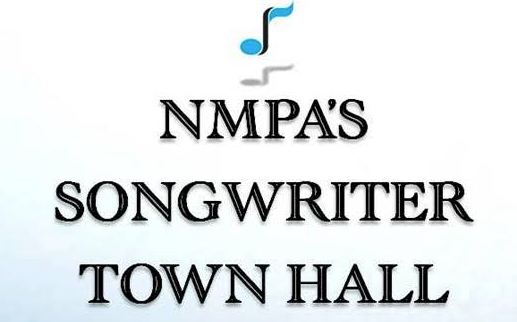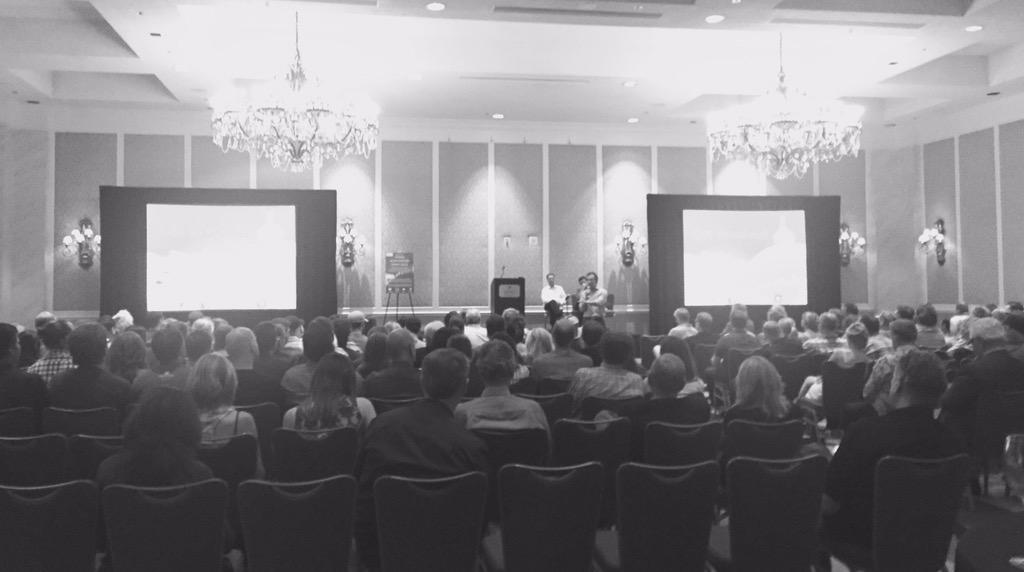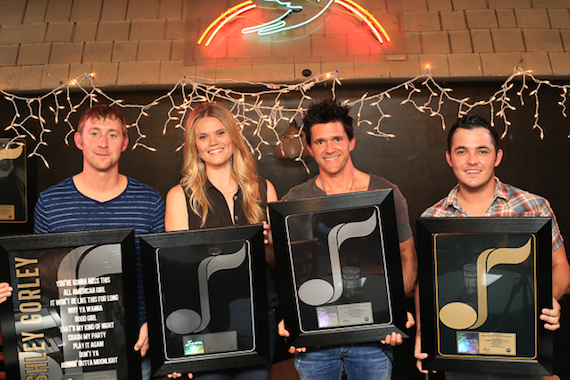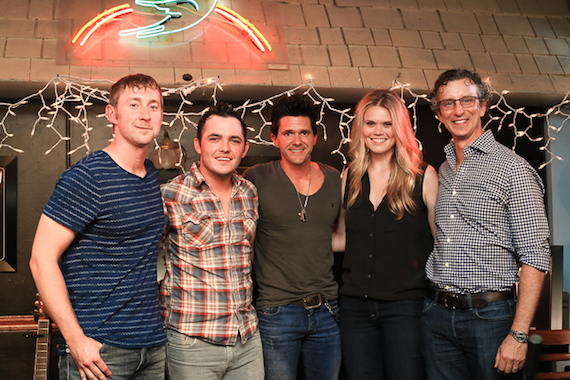

The National Music Publishers’ Association’s Songwriter Town Hall drew a packed crowd of songwriters, PRO executives and publishers to the Loews Vanderbilt Hotel on Wednesday, Sept. 9.
NSAI Executive Director Bart Herbison and NSAI president/singer-songwriter Lee Thomas Miller welcomed NMPA president/CEO David Israelite, who shared a series of bleak statistics regarding songwriter and publisher income from music services including Spotify, Pandora and SiriusXM. “Digital music companies are making millions off the backs of songwriters,” he said.
Israelite shared that SiriusXM brings in $22 billion in revenue, and keeps 86 percent of its revenues. Labels get 10 percent, while writers/publishers get four percent.
Next up, Spotify. Of Spotify’s $8.53 billion income, 10.5 percent goes to publishers/songwriters, while 59 percent goes to labels and Spotify keeps 30.5 percent. This total revenue comes from Spotify’s paid subscribers. According to Israelite’s statistics, 73 percent of Spotify users do not pay for the service, meaning that revenues are based on only 27 percent of Spotify users.

NMPA Town Hall Meeting. Photo: SongSpace/Twitter
He also noted that songwriters currently do not have a choice as to whether their music is included on these services.
“When Taylor Swift removed her music from Spotify,” said Israelite, “understand that she could make that decision, as she was the artist behind these songs. She couldn’t do that if she was [only] the songwriter.”
Finally, Pandora. The company’s $3.79 billion is split, with 42 percent going to labels, 54 percent kept by Pandora, and four percent to publishers/writers. Israelite included that 95 percent of Pandora users do not pay for the service.
In 2014 total revenue for the U.S. songwriting and publishing industry was down 2.5 percent from the prior year, bringing in a total of $2,151,828,613.00. Of this amount, approximately 52.6 percent is from performance royalties, while 21.3 percent is from mechanicals and 20.4 percent is sync licensing.

Pictured (L-R): While members of NMPA were in Nashville for the Songwriters’ Town Hall Meeting, NMPA honored Ashley Gorley, Nicolle Galyon, Michael Carter, and Cole Taylor with songwriting Gold & Platinum Awards at the Bluebird Cafe.
With more than half of publisher/songwriter revenues coming from performance royalties, Israelite says it underlines the importance of the battle that PROs, publishers and songwriters are fighting against the antiquated consent decrees that have governed PROs BMI and ASCAP since 1941.
“Companies that are against songwriters will spend an estimated $79.8 million in lobbying efforts, from 405 lobbyists,” said Israelite. “Companies fighting for songwriters will spend a total of $1.9 million on those activities. It’s an uphill battle, and it’s crucial that all interests come together to say we want our songs to be worth more than they are currently valued,” said Israelite. He also noted that the battle continues to increase statutory mechanical rates for physical formats and permanent digital downloads from the current 9.1 cents per song.
Israelite called for publishers, songwriters, PROs and music fans to unite to cause changes to laws that govern mechanical and performance royalties. “Nearly 75 percent of your song’s value is regulated by the government in a way that doesn’t regulate it properly,” said Israelite.
He lauded NSAI’s Bart Herbison and Lee Thomas Miller for their efforts to lobby for songwriters, and for bringing songwriters to testify and perform before members of Congress.
After taking questions from members of the audience, Israelite and Miller offered a myriad of suggestions to aid in the battle, including urging songwriters to join NSAI, and to support their PROs’ efforts to bring about a fair income for writers.
Israelite also mentioned the power of the artist-songwriter. “Many artists, themselves songwriters, have also joined us in these efforts,” he said, noting the work of Lady Antebellum, Bon Jovi, and Steven Tyler. “I will tell you, I feel that having Steven Tyler perform and meet with members of Congress in Washington did more to make them aware of the situation songwriters face than I had done over the course of a few years. Writers, when you are writing with other songwriters or artists, bring up these issues and get them involved. These artists are songwriters themselves and are passionate about this cause. Let’s use our secret weapon.”

Pictured (L-R): Ashley Gorley, Cole Taylor, Michael Carter, Nicolle Galyon, and NMPA CEO David Israelite.

Category: Featured, Organizations, Publishing
About the Author
Jessica Nicholson serves as the Managing Editor for MusicRow magazine. Her previous music journalism experience includes work with Country Weekly magazine and Contemporary Christian Music (CCM) magazine. She holds a BBA degree in Music Business and Marketing from Belmont University. She welcomes your feedback at jnicholson@musicrow.com.View Author Profile


